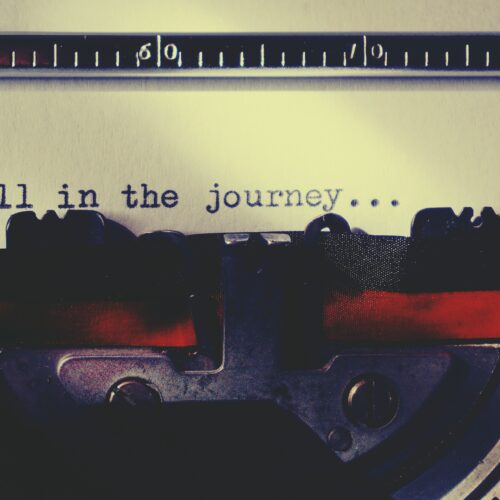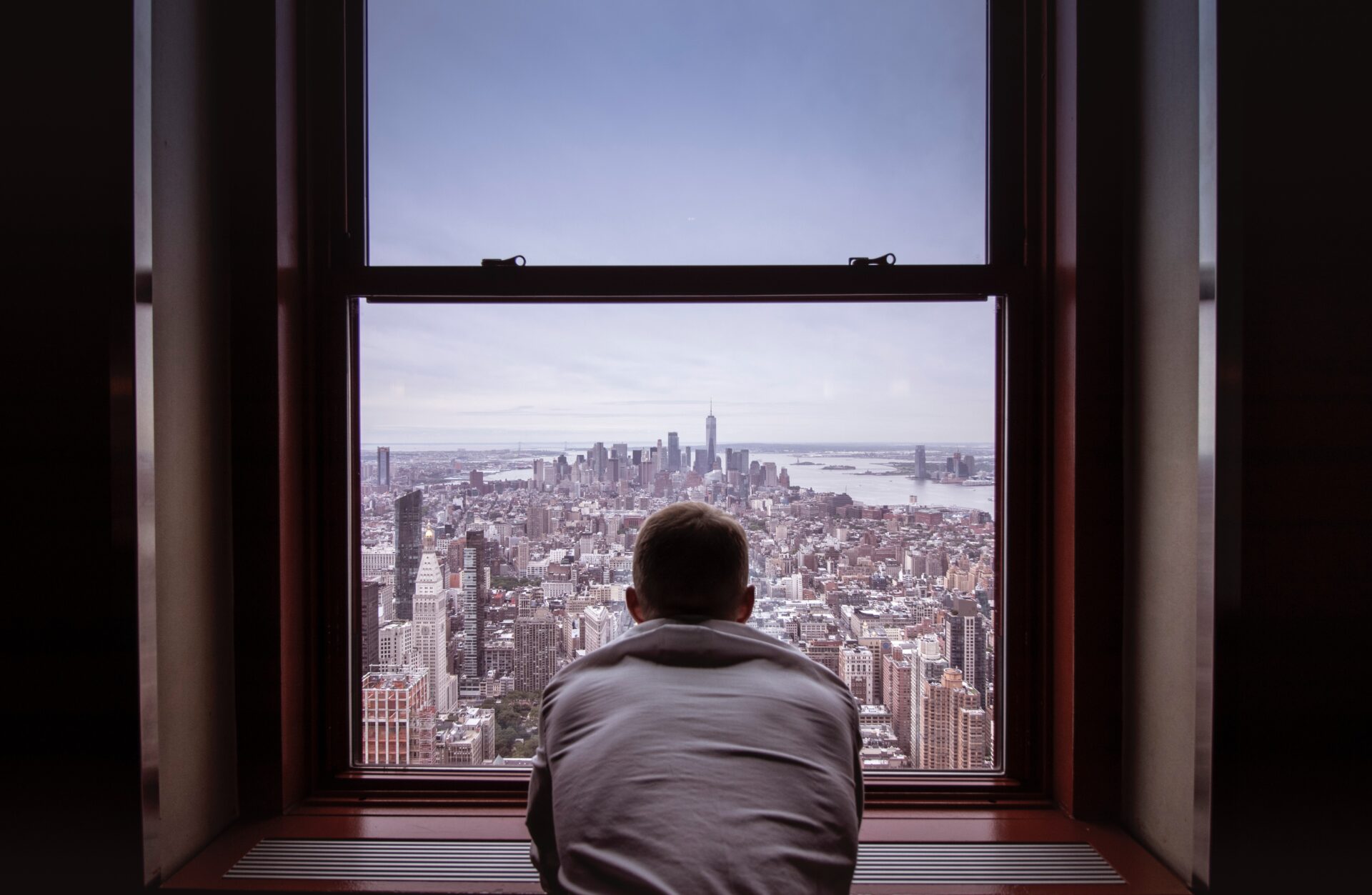
What is conflict?
The beautifully crafted opening sequence of ‘Blue Velvet’ directed by David Lynch (USA, 1986) (https://www.youtube.com/watch?v=TwuzI8Y0uW0) tells us everything about what conflict is and what it looks like: suburban life, children crossing the road, a man watering his garden, the whole neighbourhood washed in hazy, warm light. Soft, melodic music. Then a hissing sprinkler catches up in some branches, the man falls unconscious to the ground and the camera pans low, travelling through the grass, where monstrous insects mix with the dark soil and the music fades into a cacophony of screechy sounds.
All levels of sensorial conflict are present, anticipating the duality of worlds that the film is going to show us from here on in.
‘Conflict’ comes from the Latin verb confligere, which means ‘to strike together, to fight’. So, a conflict is a battle between different elements.
That is why, when talking about conflict in scriptwriting, we don’t simply refer to the central ‘battle’ between our main character and their antagonist force.
Conflict is also in the skilful crafting of contrasting sensorial elements, weaved into the scenes; it becomes a contrast of sounds, insertion of small elements of disturbance, use of light and shadows.
There has been a lot written about the importance of conflict. No story can really exist without some form of obstacle (or pressure, as Robert McKee calls it in his ‘Story: Substance, Structure, Style and the Principles of Screenwriting’, 1997): it gives our main character something to do and propels the narrative to its conclusion.
Conflict is deeply rooted in the history of mankind, in the eternal dilemma of choosing between good and bad, light and dark (think about the ancient religion of Manichaeism and its depicted worlds of Light and Darkness (https://en.wikipedia.org/wiki/Manichaeism).
Now, as a scriptwriter knows very well, when it comes to practically translating a carefully thought-out central conflict into the script, things are often not so straightforward, and the concept of conflict suddenly becomes something challenging to execute visually AND effectively at the same time.
Perhaps a good way to deeply understand how conflict works and how a scriptwriter can handle it on the page, is to look at ourselves.
Whilst surfing through social media the other day, I came across a few articles about the consequences of the Covid pandemic and the imminent easing of the lockdown: what kind of future do we want to live in, what kind of human beings do we want to be from now on?
These are political, social and philosophical matters for sure.
However, I found them strangely related to the craft of scriptwriting too; Covid has been a huge opposing force for us all and the lockdown was the ultimate inciting incident.
Within the setup of our own ordinary lives – with dreams, goals, perspectives and plans of all sorts – a dark force started looming over our heads, until it materialised in an event that forced us all to change, if not everything, a lot about our lives.
We were catapulted into a mysterious, unknown world, where previous rules had to be hurriedly scrapped and replaced by new ones.
We suddenly went into survival mode: stay inside, protect yourself from others and protect others from you.
Plans, dreams, schedules were either suspended or cancelled completely, replaced by an existence in limbo.
In order to retain our sanity – and a resemblance of our past normality – we fought the lockdown by engaging in lots of activities: working out, cooking fresh meals, clearing out drawers, meeting loved ones on Zoom for a drink, sewing masks to hand out to neighbours. These were all visible expressions of the external conflict we were having with the virus.
At the same time, we had to confront ourselves and our deepest fears (internal conflict): what if my elderly mum dies and I am not at her bedside? What if I get the virus and I die alone in my bedroom? How can I stay positive? Who am I without my routine? Mental fragility, heightened feelings, adrenaline. In other words, highly dramatic charge.
From a sensorial perspective, we would look out our windows and see a world of unusual quietness and stillness, washed in hazy, warm spring sunshine. Where is our antagonist? Is it across the road, personified in the lovely neighbour who frankly doesn’t seem to be washing his hands enough? Or is it wrapped inside the parcel that I’ve just been delivered?
Some of us even doubted it really existed. If you can’t see it, it’s not there.
Covid put us under so much pressure (both real and perceived), at such a profound level, that many of us wondered if we would come out of it.

So now we should make a choice: either change and become better humans (whatever “better” means) or return to what we were before Covid.
Whichever option we will go for, individually and as a community, for sure we will never be the same people we were before Covid.
We have gone through what we call a transformational arc.
If the virus hadn’t happened, perhaps those articles would still have been written, but those existential questions would not have arisen with such compelling force.
The word ‘drama’ comes from the ancient Greek verb, δράω, which means ‘to do, to act’.
So, drama is action. Without action, which is the result of choices, there would not be drama.
And we make choices because we are put before a crossroad and we must decide.
So, when we choose what world we want to live in and what kind of human being we want to be from now on, is because Covid has placed such a huge crossroad on our paths that we are in effect required to take charge of the resolution of this story.
I’m not suggesting that you as a scriptwriter should necessarily rush into writing stories about your own experience of the lockdown; there will be plenty of those, no doubt.
But I do encourage you to respond to a ‘call to action’:
- Go inside yourself. Open up your own stories. Discover what lies beneath the surface. Perhaps keep a journal or a diary.
- Open up your own inner narratives. Your own life: the conversations you had with a loved one whom the lockdown prevented you from visiting, the blinding sunlight that challenged your captivity, the noise of a crowded commuter train vs the quietness of the empty streets. Write down any deep discomfort that had a grip on you during those days. Conflict is there.
The stories you will create might not be autobiographical, but there will be a bit of your own struggles in them; even just in one line of dialogue or one image.
As humans, we are the subjects of conflict and change, as writers we are the reporters of them.
Conflict affects us and our future, it forces us to reveal who we were and who we want to be.
Now make the same happen to your characters.
|
|







Brilliant article about the importance of conflict and how it relates to our lives too. Finding that relevance makes it seem real in our stories. Very insightful and inspirational. Thanks, Inga.